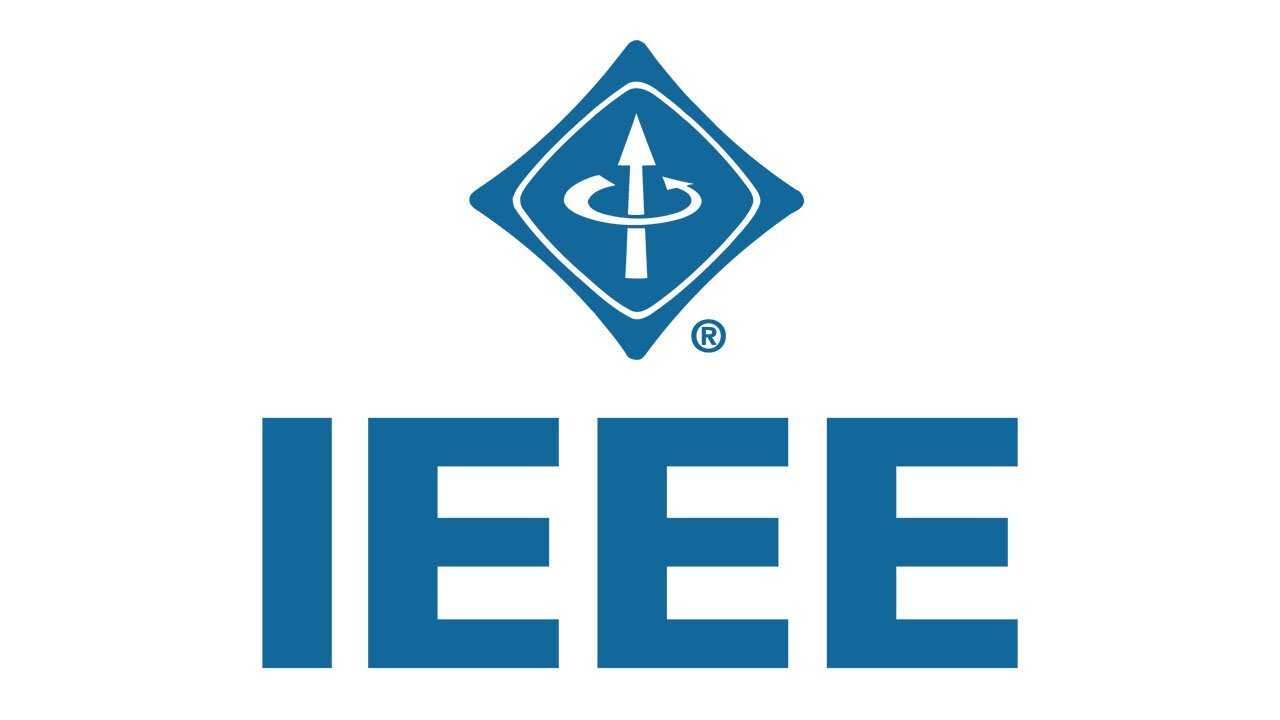Top Pick honorable mention
Key benefit of our crosstalk mitigation methodology. Our software toolflow reduces crosstalk on tunable qubits via frequency-aware compilation and real-time calibration. As a result, our work achieves the same level protection against crosstalk, but on simpler hardware (tunable qubit, fixed-coupler).
One of the key challenges in current Noisy Intermediate-Scale Quantum (NISQ) computers is to control a quantum system with high-fidelity quantum gates. There are many reasons a quantum gate can go wrong -- for superconducting transmon qubits in particular, one major source of gate error is the unwanted crosstalk between neighboring qubits due to a phenomenon called frequency crowding. We motivate a systematic approach for understanding and mitigating the crosstalk noise when executing near-term quantum programs on superconducting NISQ computers. We present a general software solution to alleviate frequency crowding by systematically tuning qubit frequencies according to input programs, trading parallelism for higher gate fidelity when necessary. The net result is that our work dramatically improves the crosstalk resilience of tunable-qubit, fixed-coupler hardware, matching or surpassing other more complex architectural designs such as tunable-coupler systems. On NISQ benchmarks, we improve worst-case program success rate by 13.3x on average, compared to existing traditional serialization strategies. DOI 10.1109/MICRO50266.2020.00028
Ding, Yongshan, Pranav Gokhale, Sophia Fuhui Lin, Richard Rines, Thomas Propson, and Frederic T. Chong








